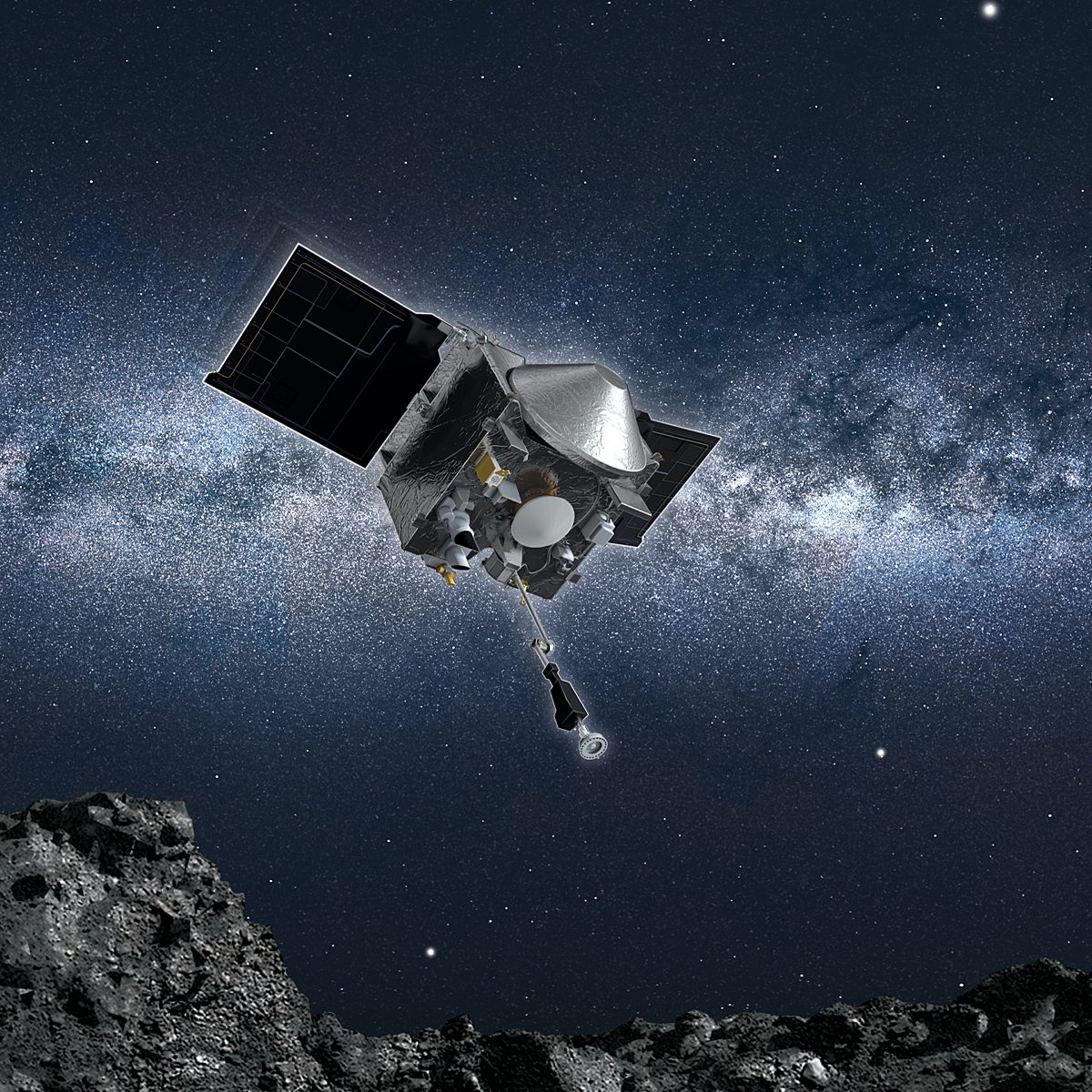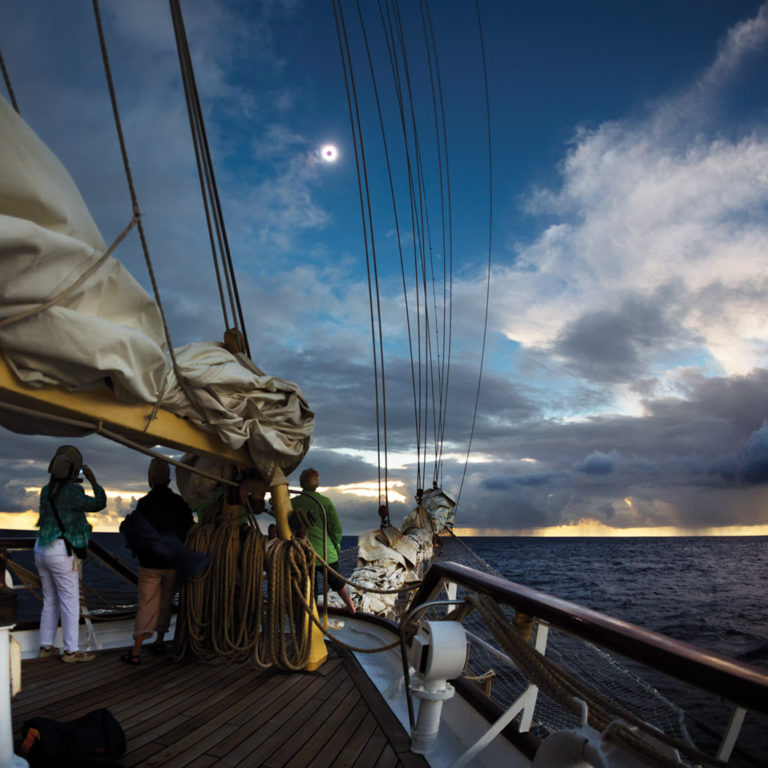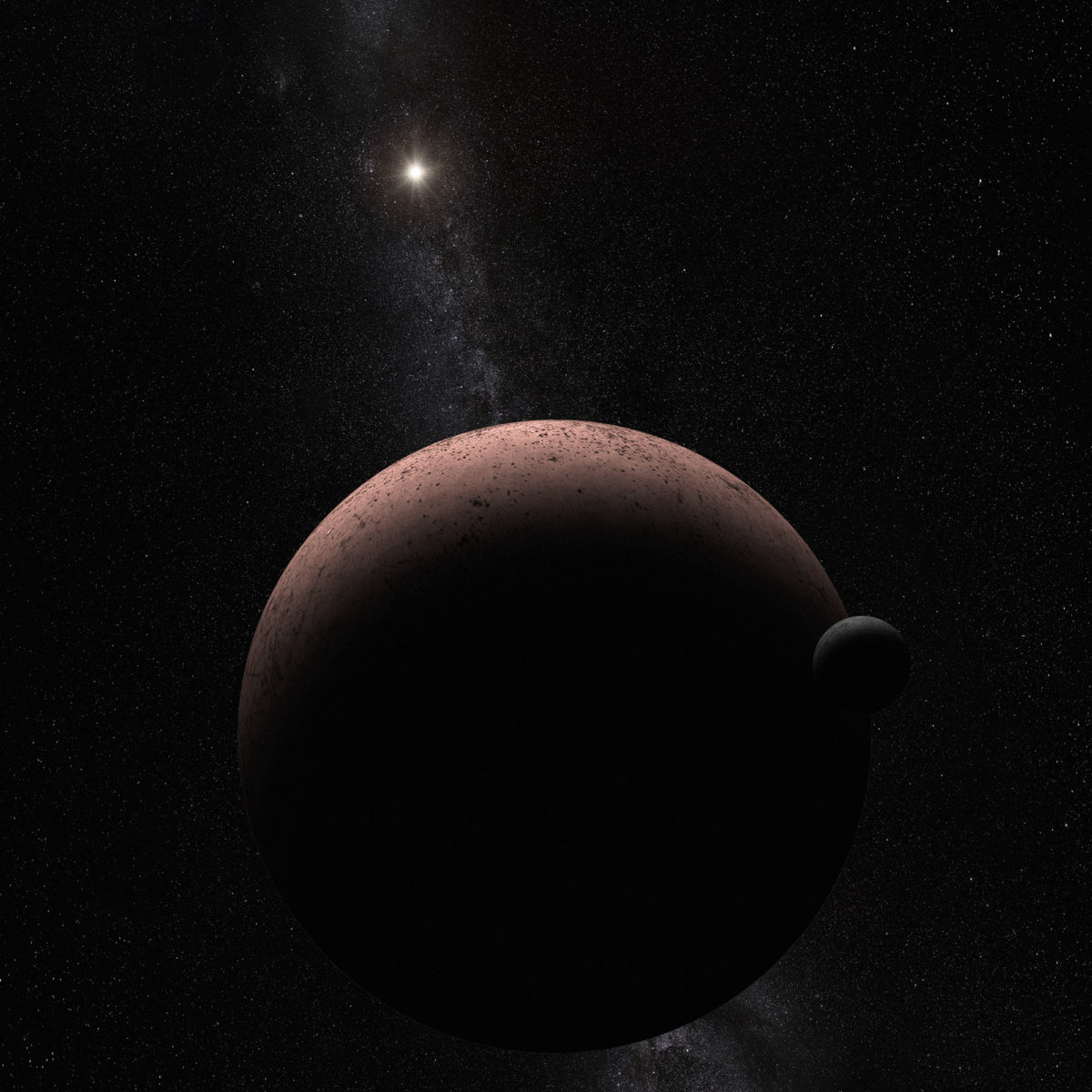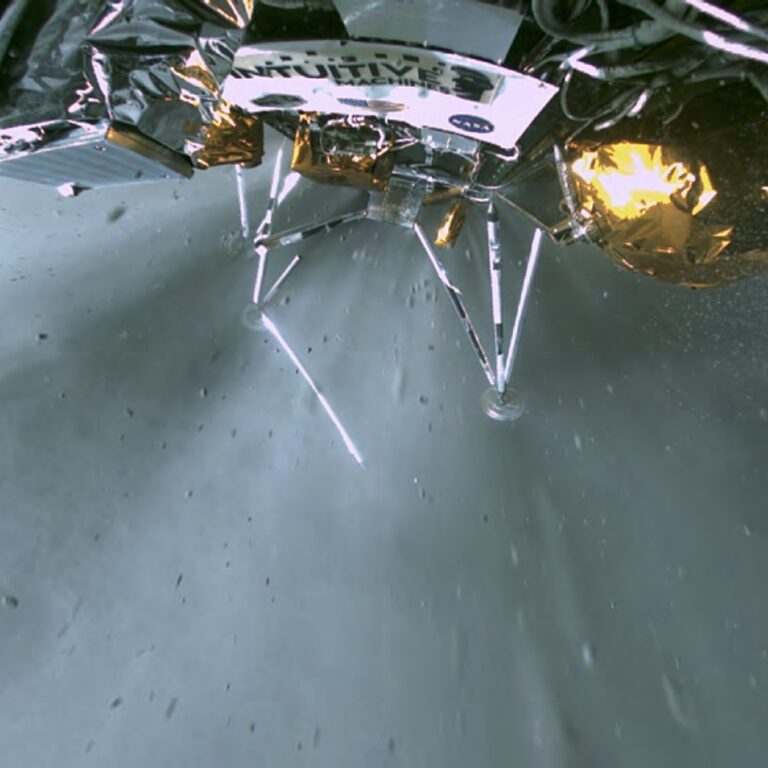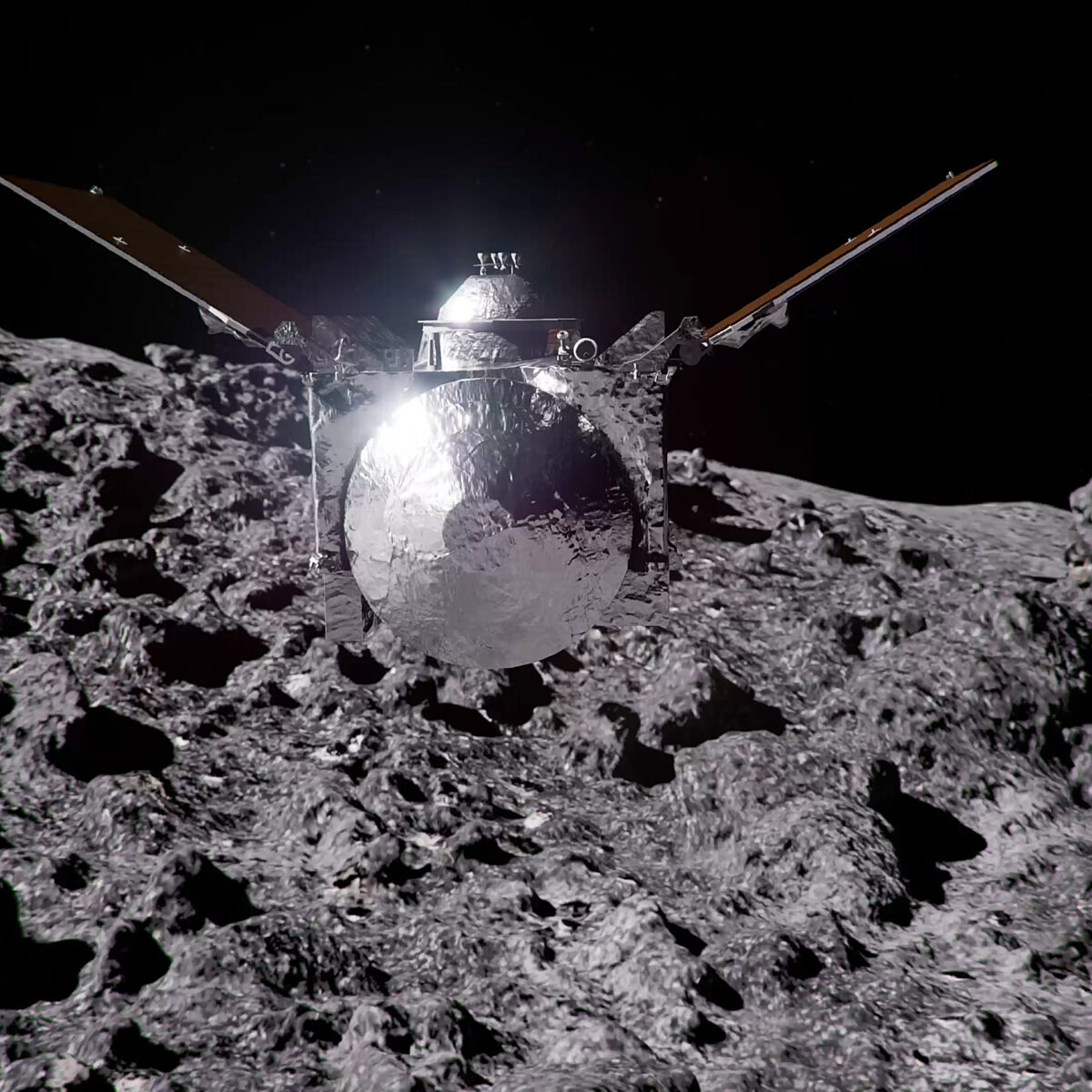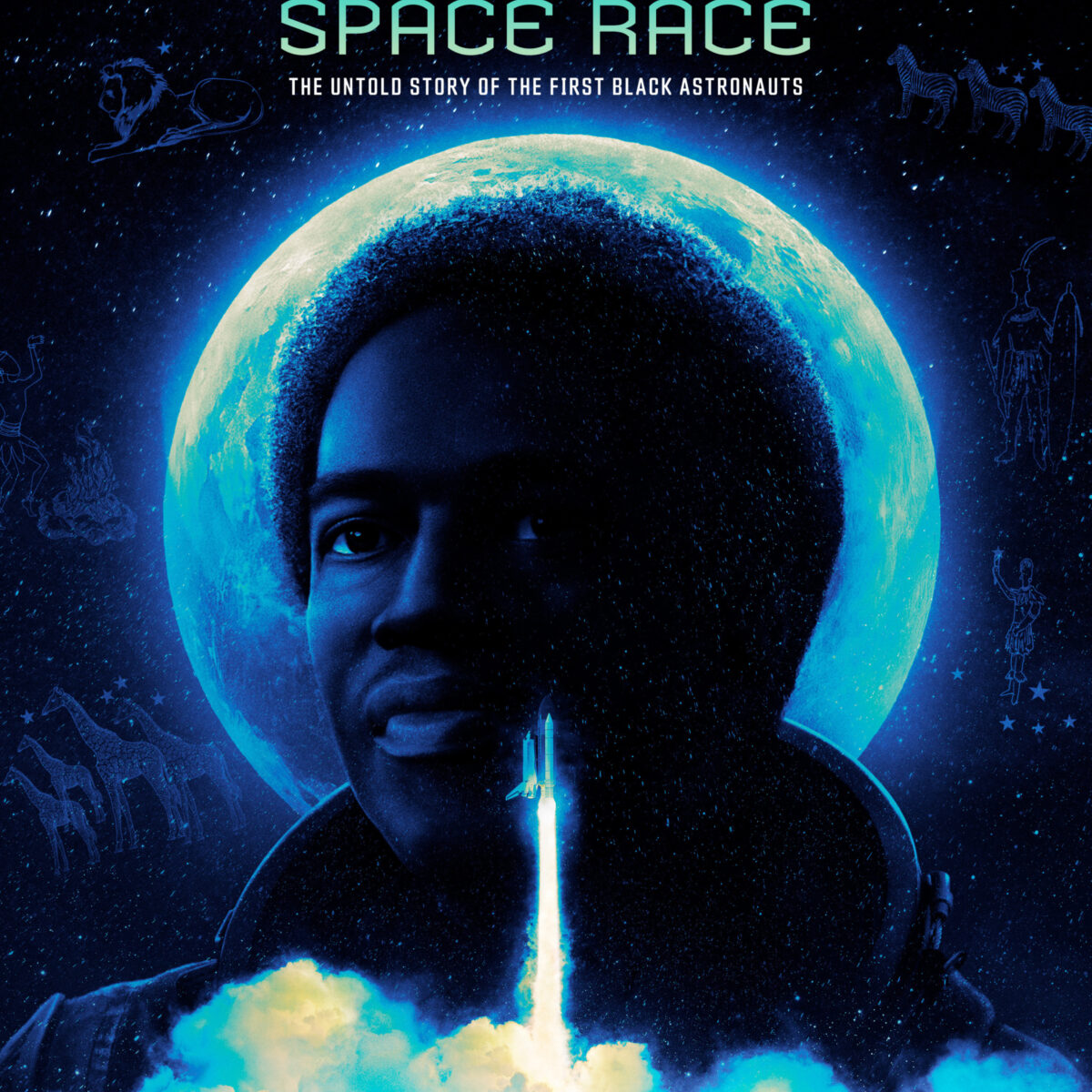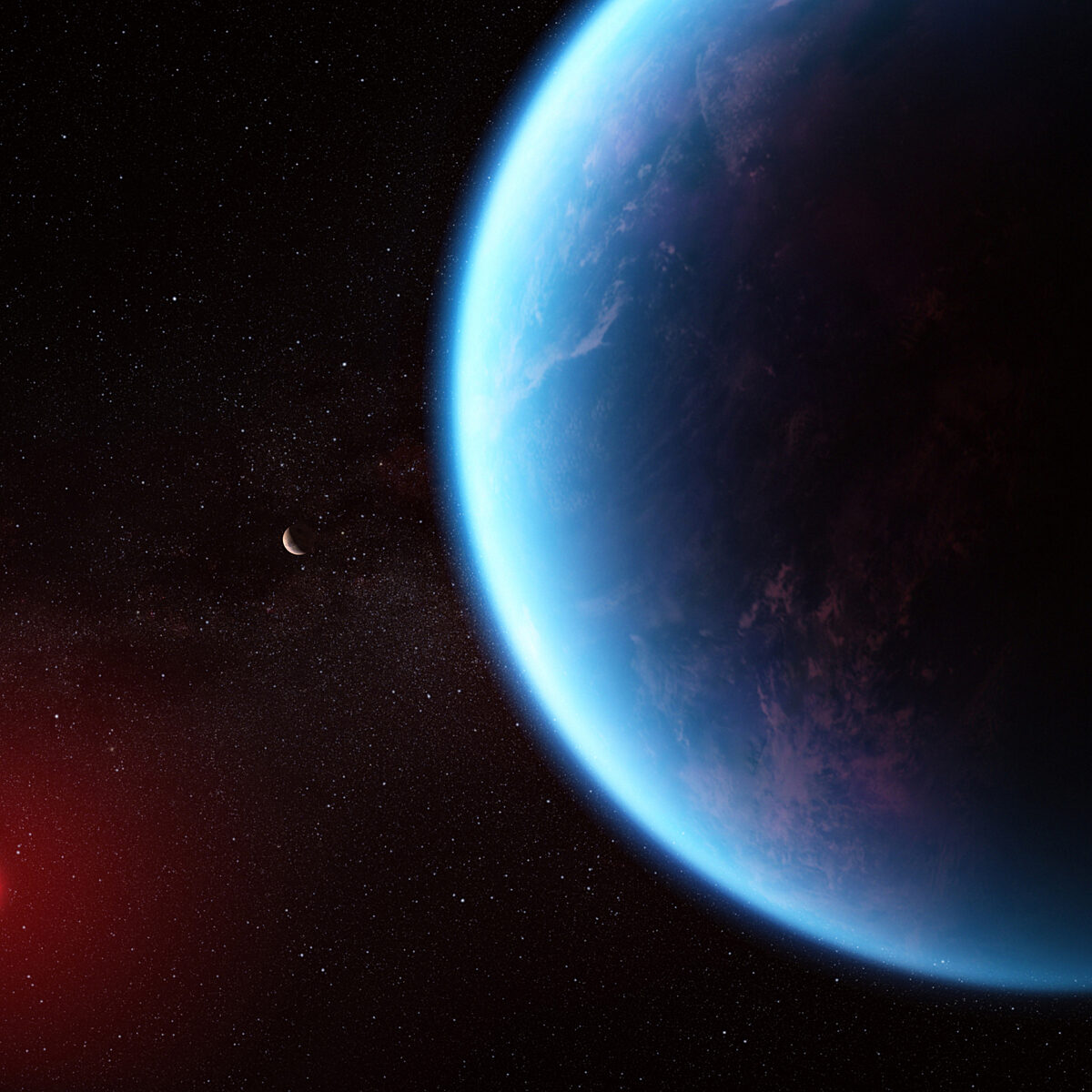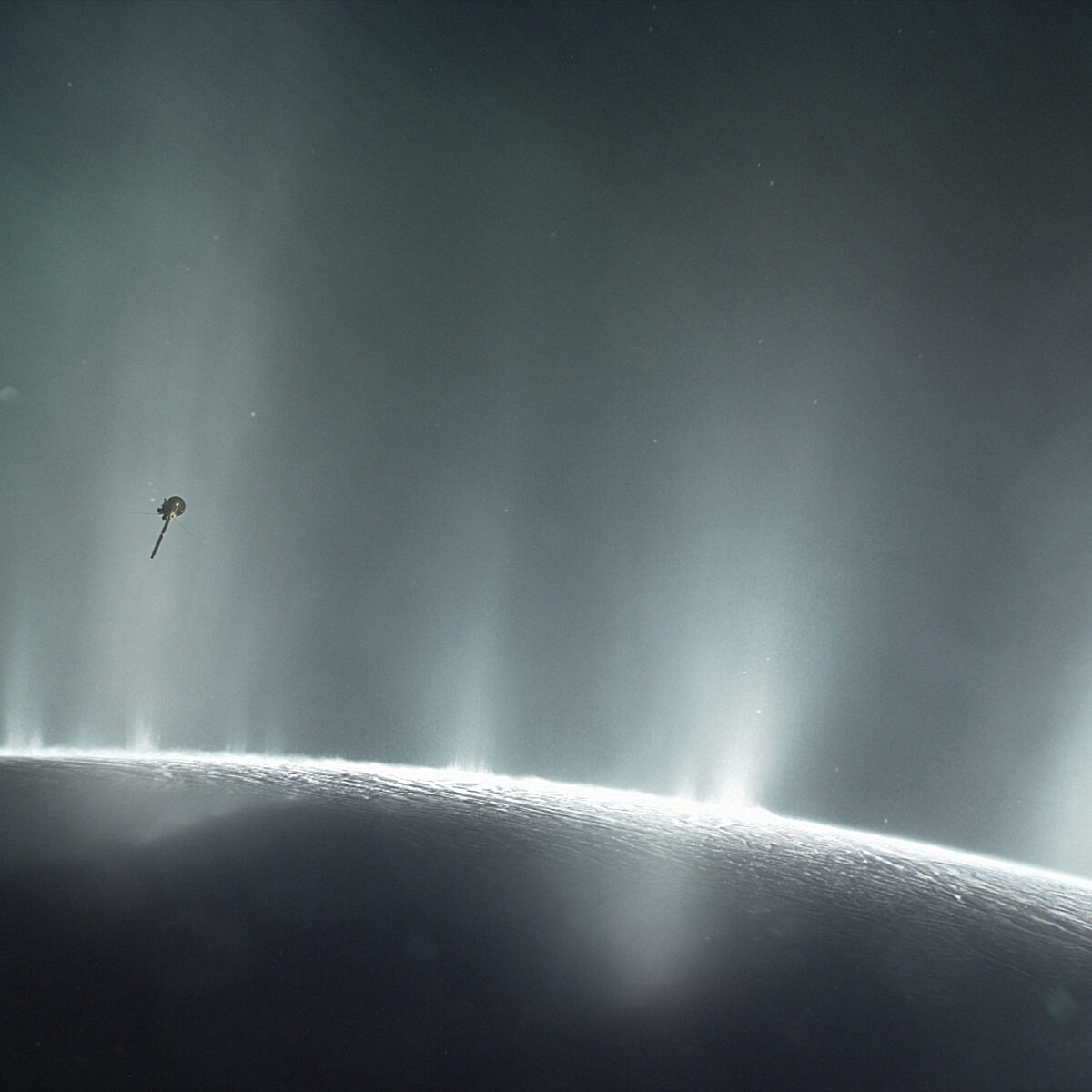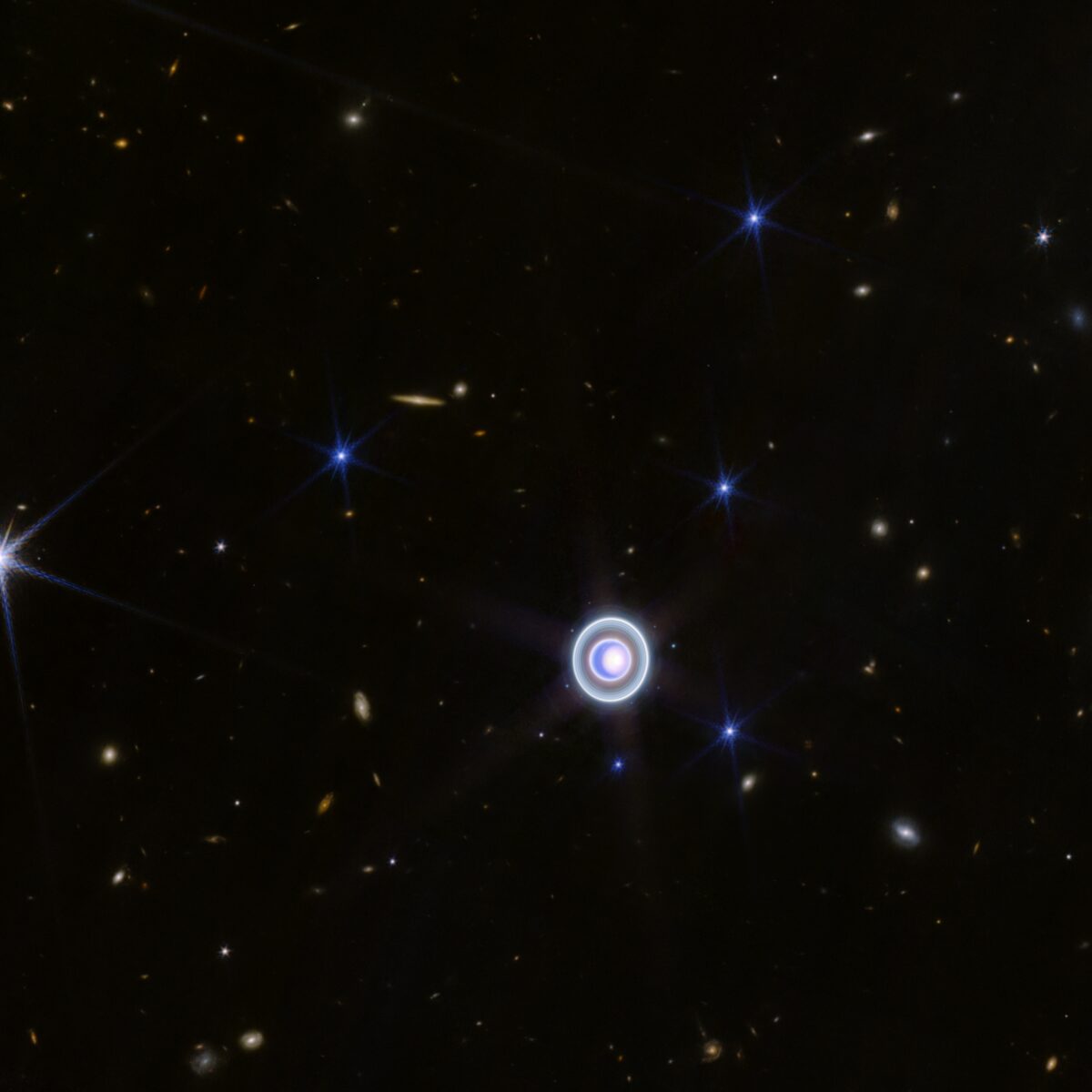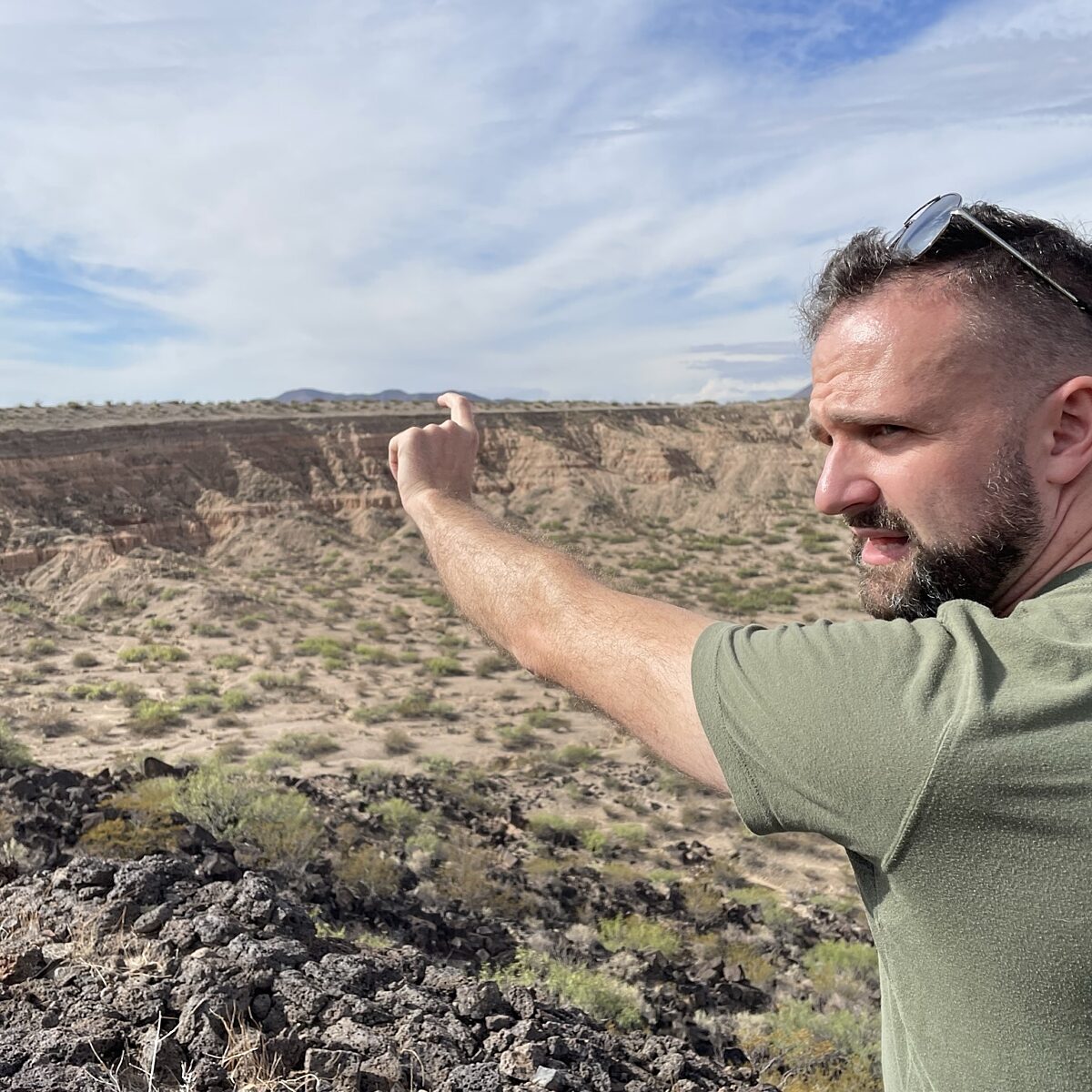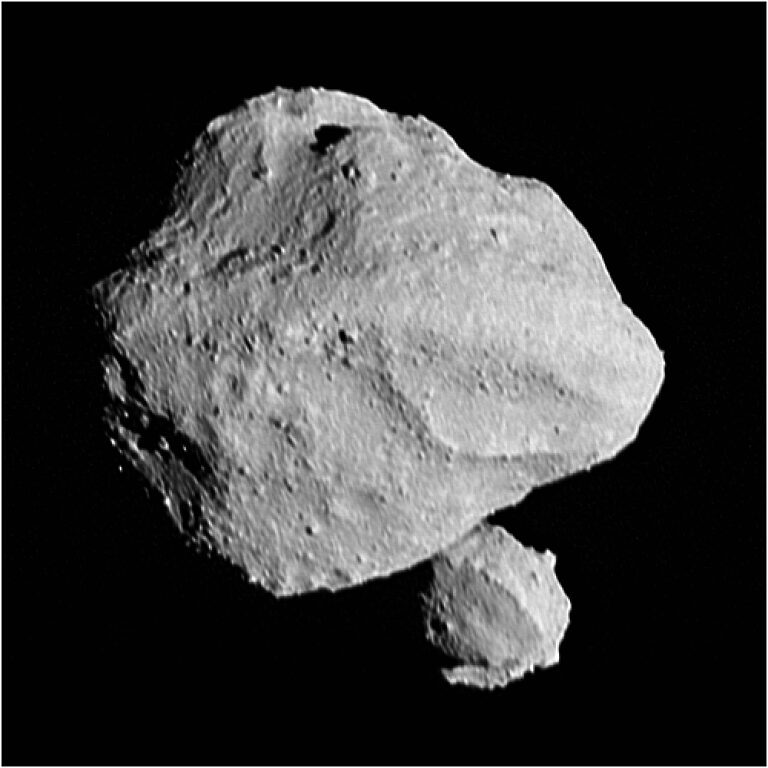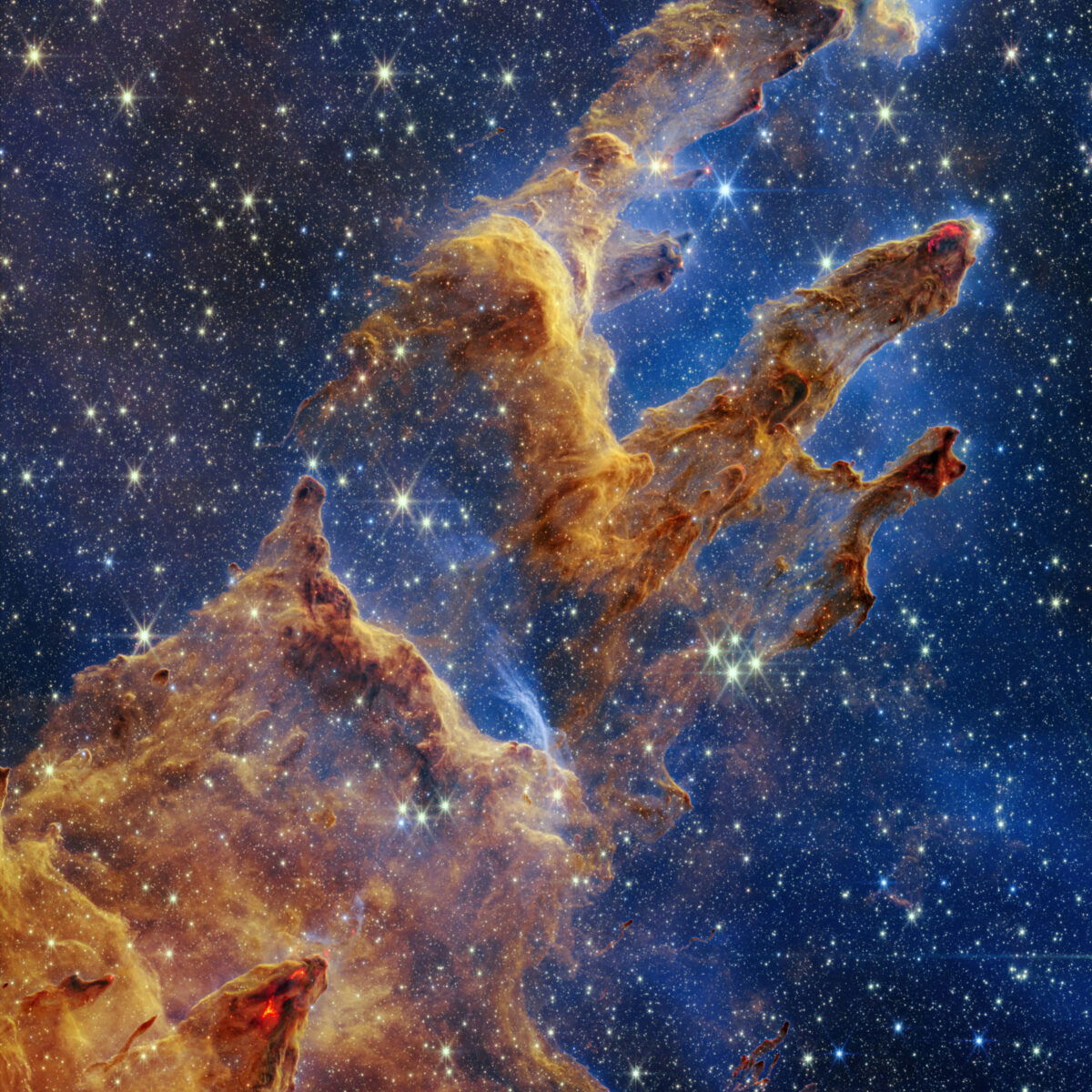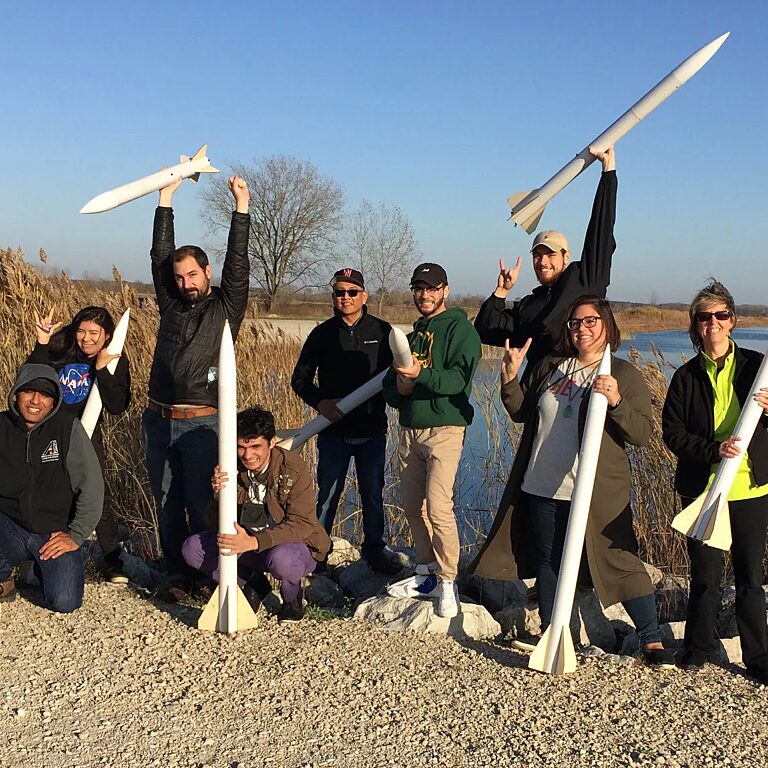Since 2002, Planetary Radio has visited with a scientist, engineer, project manager, advocate, or writer who provides a unique perspective on the quest for knowledge about our Solar System and beyond. The full show archive is available for free.
Search Planetary Radio
Dante Lauretta, the principal investigator for NASA's OSIRIS-REx mission, joins Planetary Radio to share stories from his new book, The Asteroid Hunter.
Jim Bell, a professor from the School of Earth and Space Exploration at Arizona State University and former president of The Planetary Society's Board of Directors, shares captivating tales from his global eclipse-chasing journeys.
A team co-led by the Southwest Research Institute has made a groundbreaking discovery, revealing evidence of hydrothermal or metamorphic activity on the icy dwarf planets Eris and Makemake in the Kuiper Belt. The lead author of this research, Chris Glein, joins Planetary Radio to explain.
Science historian Dr. Matt Shindell joins the show to discuss the unique era of commercial lunar exploration, and how planetary exploration has evolved and can continue to evolve on and around the Moon.
Twenty years after a pioneering collaboration between The Planetary Society, NASA, and LEGO, Planetary Radio reflects on the Red Rover Goes to Mars program and the lives it impacted.
Scott Guzewich, deputy project scientist for NASA’s OSIRIS-APEX mission, joins Planetary Radio to discuss the next steps for the mission as we count down to asteroid Apophis’ flyby of Earth in 2029.
This week on Planetary Radio, we take a peek behind the scenes at National Geographic's new documentary, “The Space Race,” which celebrates the triumphs and struggles of the first African-American space pioneers and astronauts.
Ed Krupp, the director of Griffith Observatory in Los Angeles, shares insights from the fascinating field of archaeoastronomy.
Space policy expert Laura Delgado López joins the show to break down the new paper, “Clearing the Fog: The Grey Zones of Space Governance” by Jessica West and Jordan Miller.
Matt Golombek, project scientist for the Mars Exploration Rover Project, joins Planetary Radio to celebrate the 20th anniversary of the landing of the Spirit and Opportunity rovers on Mars.
We're celebrating lunar missions and the space advocacy that helps make them happen this week on Planetary Radio.
Knicole Colón, the deputy project scientist for exoplanet science for JWST, joins Planetary Radio to discuss the detection of methane and carbon dioxide in the atmosphere of K2-18 b.
Chris Glein, a lead scientist at the Southwest Research Institute, joins Planetary Radio to talk about the discovery of phosphorus in the oceans of Saturn’s moon Enceladus and the implications for the search for life.
Members of The Planetary Society staff revisit some of 2023's most exhilarating moments and groundbreaking discoveries in space this week on Planetary Radio.
NASA's Dragonfly mission to Saturn's moon Titan has been authorized to proceed with work on final mission design and fabrication. This week on Planetary Radio, we get an update on the mission's progress and new timeline.
Mat Kaplan, Planetary Radio's creator and former host, takes us on an adventure with planetary geologist Kirby Runyon as they tour New Mexico, U.S.'s varied geology and compare it to other worlds.
Hal Levison and Simone Marchi, the principal and deputy principal investigators for NASA’s Lucy mission, join Planetary Radio to discuss the spacecraft’s first asteroid flyby.
Nathaniel Kahn, an Oscar-nominated filmmaker and the director of Deep Sky, joins Planetary Radio this week to discuss the film's decade-long creation process and the magic of JWST images on the big screen.
Steven Smith, an Education Specialist from NASA's Science, Technology, Engineering, and Mathematics (or STEM) Program, joins Planetary Radio to share some of the unique opportunities available for students in the lead-up to humanity's return to the Moon.
Jesse Tomlinson and Stephen Watkins from The Eclipse Company join Planetary Radio to talk about their partnership with The Planetary Society and the launch of their new eclipse map for the upcoming 2024 total solar eclipse in North America.


 Explore Worlds
Explore Worlds Find Life
Find Life Defend Earth
Defend Earth


